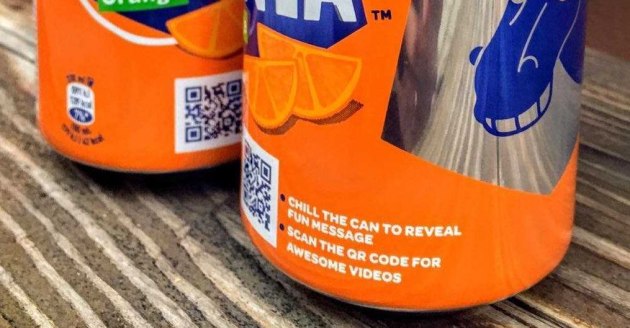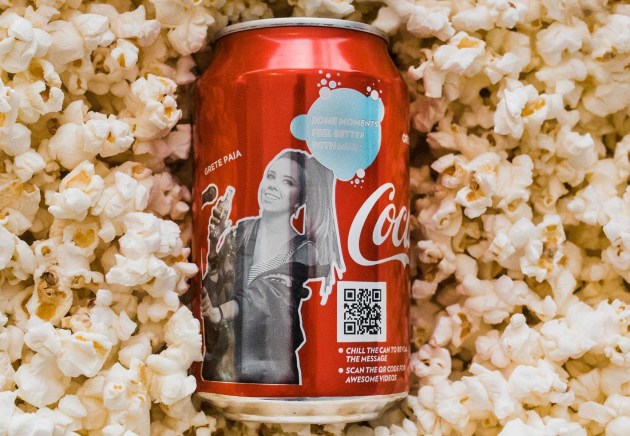Coca-Cola has rolled out cans of Coke, Coke Zero, Fanta and Sprite featuring Reveal temperature-sensitive inks in Lithuania, Latvia, and Estonia.
The beverage company collaborated with Crown Bevcan Europe & Middle East, and Chromatic Technologies Inc. (CTI) on the inks, which allow graphics to change to ‘reveal’ specific imagery and messaging during consumption.
Two thermochromic inks appear at the same time when the can is cold, but as the cold product is consumed, one ink disappears.
Reveal technology provides one ambient ‘original’ image, one ‘cold’ image, and as the consumer drinks, a third image appears, offering the vehicle to hide a message.
Coca-Cola featured four specific messages – one per brand – to engage with customers.
Cans are decorated to include either a person or cartoon-style animal, from which a speech bubble emanates to hold the thermochromic messaging which appears when the can is chilled.
An interactive quick response (QR) code beneath the image links to exclusive video content, driving traffic to the brand’s website.
The application represents the first commercial use of Reveal inks.







